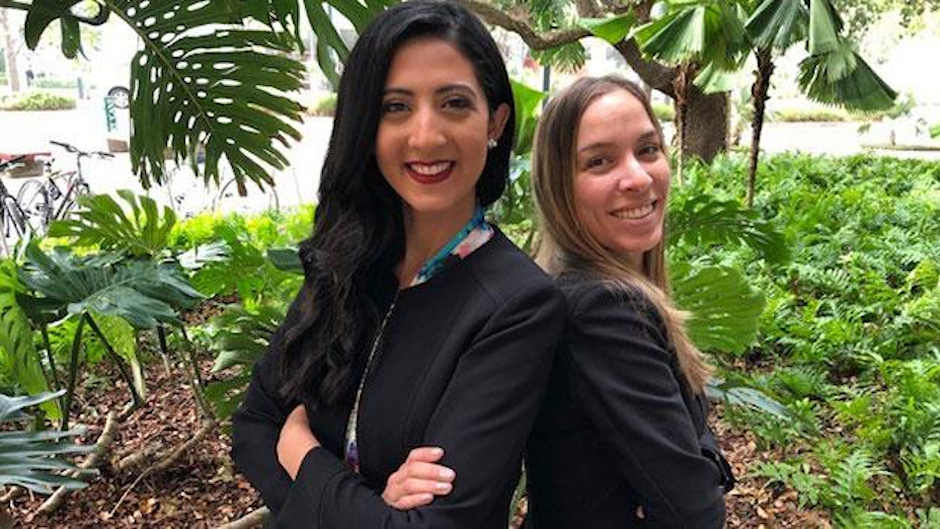The Immigration Clinic is lead counsel in a class action lawsuit on behalf of 92 men and women on a botched and abusive deportation flight to Somali.
The clinic filed the lawsuit together with co-counsel at the American Civil Liberties Union, Legal Aid Society of Broward County, Americans for Immigrant Justice, the Center for New Americans at the University of Minnesota, and The Advocates for Human Rights.
Abused at Hands of U.S. Immigration and Customs Enforcement
The group sustained injuries from being shackled at their wrists, waists, and legs for almost two days, including over 20 hours when the plane sat on the runway in Dakar, Senegal.
During the time that the flight was in Senegal, the detainees report that agents from the United States Immigration and Customs Enforcement agency abused them and deprived them of access to the bathroom.
Citing U.S. Asylum Law
The lawsuit cites U.S. asylum law, which forbids the removal of individuals to countries where they would face a likelihood of persecution or torture and seeks a preliminary injunction staying the removal of the detainees to Somalia until they are provided an opportunity to apply for reopening of their deportation orders.
On January 26, 2018, U.S. District Court Judge Darrin P. Gayles assumed jurisdiction over the claims and issued an order temporarily staying the removal of the group, writing: “Petitioners cannot effectively pursue motions to reopen from Somalia where they would likely be forced underground to avoid persecution immediately upon arrival.” There was widespread media coverage of the botched flight in Somalia, a country racked by terrorist violence.
Working with Clinic Student Volunteers Across U.S.
The clinic, with help from volunteer law students at Miami Law and law students from Duke Law School and St. Thomas University, are now preparing motions to reopen for many of the men and women on the plane. Second-year Miami Law students Valori Corral-Nava and Tatyana Krimus are coordinators of the work.
“Working on the Somali cases has been challenging but immensely rewarding,” Krimus said. “I am amazed at the number of dedicated student volunteers who have been very gracious with their time. Together, we’ve been able to provide some urgently-needed help to Somali individuals while working to improve abuses in deportation and detention.”
Need for Extensive Research
The work requires extensive documentation of current country conditions in Somalia, an investigation into the basis of old removal orders, and travel to two detention centers where the men and women are held. Over half of the Somali nationals are detained over two hours away, at Glades County jail.
The massive effort to help the group has also included the filing of administrative complaints with the Office of Inspector General to challenge the abuse on the failed deportation flight as well as detention conditions at Glades.
"It has been an honor and a privilege to coordinate the numerous volunteers, non-profit organizations, and fellow immigration clinics from across the nation,” said Corral-Nava. “We truly would not have gotten this far without the dedicated efforts of everyone working tirelessly to represent the men and women in this class action, who have been so grossly mistreated."
An Out-of-the-Ordinary Lawsuit
“This advocacy has stretched us to the limit and challenged accepted notions of clinical pedagogy, which prescribes a controlled learning environment,” said Professor Rebecca Sharpless, who directs clinic. “But we could not stand by and let the government deport these men and women back to the danger that awaits them in Somalia, especially given the abuse they endured on the plane and the increased threat to their safety in Somalia due to the extensive media coverage of the flight.”
More on Miami Law's Immigration Clinic
More on the Clinic's work to halt Somali deportations

